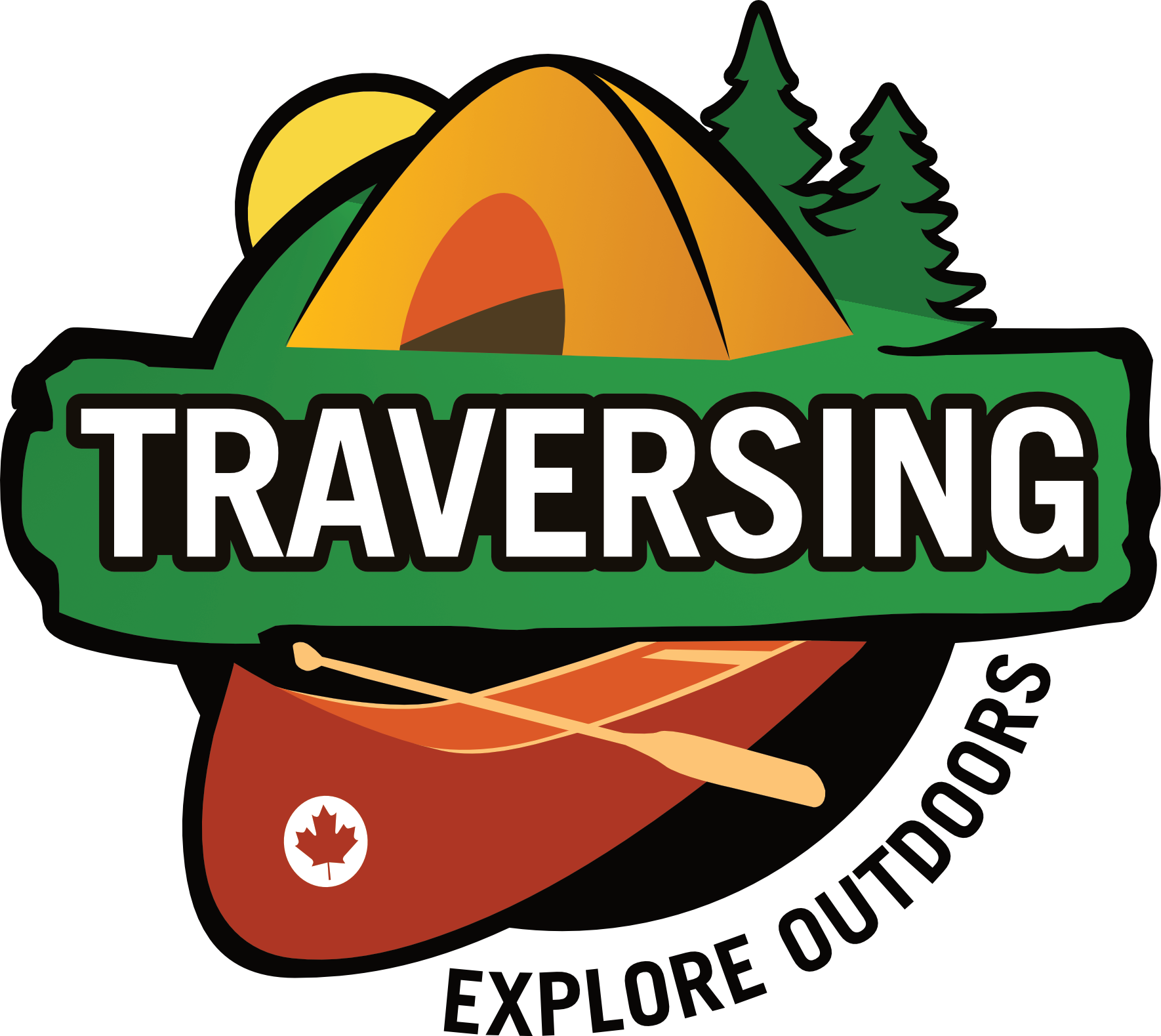Why Meal Planning For Winter Camping Matters

Cyprien Verseux, an astrobiologist, at the Concordia station in Antarctica has posted some humorous examples of what it is like eating a meal at -70°C. Ok, it isn’t Winter Camping, nor do we plan on venturing out at those temperatures, but it still drives home the point that eating while Winter Camping requires a bit of forethought (especially cold tenting).
Pre-cut as many of your ingredients as possible before the trip so you aren’t spending too much time in the cold with just preparation. Pre-cooking meals if possible is even better!
If you are going to bring cheese, pre-slice it at home a put a square of parchment, or waxed paper between them.
Chocolate, which would melt during the Summer months, is perfect for Winter adventures!
Lettuce just doesn’t like cold conditions and will brown right away.
Shelf stable Almond Milk doesn’t need to be refrigerated (However once you open it, you must keep it cold).
A hot drink first thing in the morning will help heat you from the core, outwards and is a good kickstart to the day.
Throw in mixed nuts into your morning oatmeal for a protein boost.
After a long active day, a high calorie dinner with a good mix of carbs, protein and fats will help you stay full and keep you warm throughout the night.
If you are cooking a meal using a stove, dig down in the snow a bit (provides a wind shelter) and lay down a row of sticks (the greener the better). The heat from the stove will melt the snow so start with a good base. Also make good use of your reflector shielding.
Another thing about cooking with a stove, don’t use metal utensils. Each time you stir, the metal will cool your meal causing longer cooking times (and consume more fuel).
Use cups or bowls to help retain heat longer vs. a plate
Drinking lots of water is something you might forget to do while Winter Camping, but is incredibly important. Getting bored of regular ol’ water? Try Emergen-C packets which give a vitamin boost to your water. Just remember that whenever you add flavouring crystals to your Nalgene, you’re changing the freezing point of the water which might cause it to ice up sooner than you expected.
Don’t drink all of your water, save some to add to your pot first before melting snow. It sure helps prevent that ‘burnt’ taste.
Get a bottle insulator (Check out Outdoor Research’s Water Bottle Parka) to keep your Nalgene from turning into an ice cube overnight. You can also bring your Nalgene into your sleeping bag overnight, or store it in a snowbank (upside down so the lid doesn’t ice shut).
Have some tips of your own? Let us know and we’ll add them here!







